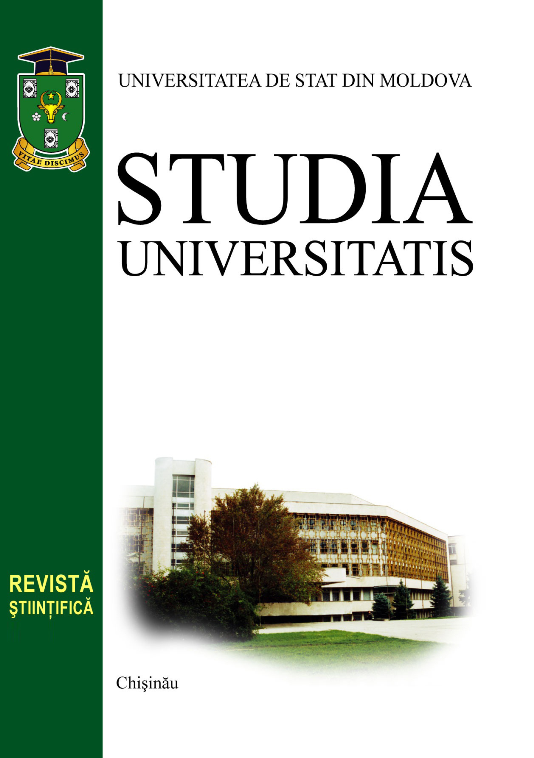WATER SUPPLY SYSTEMS, SEWERAGE SYSTEMS AND WASTEWATER TREATMENT PLANTS IN THE REPUBLIC OF MOLDOVA
Maria GONŢA, Angela LIS, Larisa MOCANU Universitatea de Stat din Moldova
Keywords:
waste water, sewage system, discharged water, auto-purificationAbstract
In most urban areas of the Republic the access of the population to public sewer service is limited and does not exceed the level of more than 50%. The number of sewage systems which serve urban and rural areas in RM currently remains quite low and varies by region. The statistical data shows that the number of sewer systems in the country is decreasing and technical condition of these systems does not improve considerably. Compared to urban areas, in rural areas the situation regarding waste water treatment is deplorable. The data indicate that water supply systems are not built in parallel with sewer systems and wastewater treatment. The lack of these combined systems has a detrimental impact on environment, especially for soil, surface water and groundwater. Untreated water contaminated with an exceeded content of chemicals is being discharged into rivers and may have a negative impact on the process of self-purification. Under the influence of pollutants the concentration of dissolved oxygen decreases. Deficiency of dissolved oxygen in water could have negative effects on biota and even may cause illness or death to fish. Keywords: waste water, sewage system, discharged water, auto-purification.


